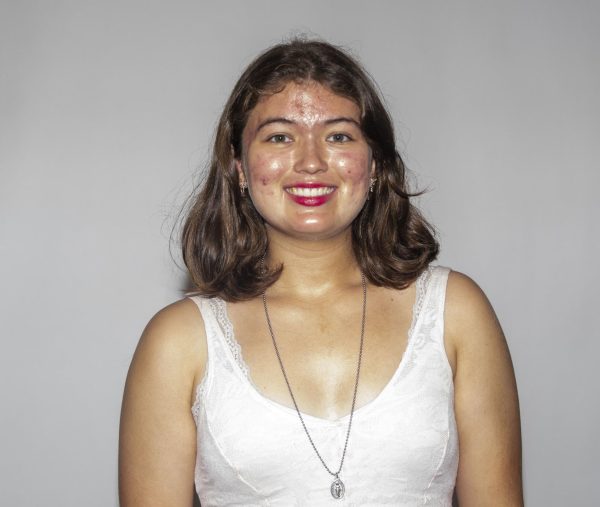Why is it that the main female lead in dramas always chooses the guy with a malnourished chihuahua for a personality over the guy who actually has something to offer?
Some might call it “second lead” syndrome, but I call it total nonsense. Although the “rude boy” persona may be mysterious and eye-catching–when paired with some hopefully successful character development–it is ultimately too glamorized in the media. It’s a bad example to look at relationship-wise in regards to our society’s younger generation of hopeful lovers; too many people can be persuaded by these toxic examples and end up with a flop!
I had to give up watching romance dramas such as A Love so Beautiful, Good Morning Call and Nevertheless because of the sheer level of toxicity I witnessed. Although these are all Asian dramas, there are examples of the cruel male character stereotype in almost any form of media. Like American book-to-movie shows, such as My Life With the Walter Boys and The Summer I Turned Pretty. Let me supply you with a common theme amongst the plots: cruel male lead with unaddressed trauma hates everyone but falls for female lead, who manages to perfectly execute the “obnoxiously naive” character. A whole lot of filler-episodes later, the female lead plays with the kind-hearted second lead’s feelings and then runs toward the cruel male lead that will eventually be a future divorcée.
These shows display a terrible example of what romance should be to society. A cold look should not equate to love even if the rude person in question actually does care. Usually, true love involves open communication and respect for one another. In romance dramas, such as the ones I previously listed, the relationship that the plot depends on tends to be unhealthy. Even if both characters grow and benefit from their relationship, their foundation of love is built upon misunderstandings and hostility. Not a good mix.
Every one of the sour-faced know-it-alls in these shows has a reason for their concerning behavior: their “tragic and heartbreaking” backstory. The rude boy has anxiety attacks because of his parents dying in a car crash. He believes it’s all his fault! If only it wasn’t his birthday, and he hadn’t called his parents and rushed them to come home! Now he thinks he doesn’t deserve to be happy, so he takes out his dismay on those who surround him! And he can’t even enjoy his birthday! Oh, the horror! I could name several romance dramas with this same backstory. Not only is it repetitive, but it’s just trying to give excuses for the character’s rash behavior so they can remain a love interest that is fawned over by the “tsundere” fanatics.
Though the harsh, brooding stereotype mainly applies to males in romance dramas, bad behavior applies to both genders, like the main female lead in Hometown Cha Cha Cha or My Demon (spoiler alert: the lead’s parents died in a car crash on her birthday). I was amused that there were finally opinionated female leads rather than female leads who acted as if they never learned the alphabet song in kindergarten, but a stuck-up lead versus an airhead lead was not exactly what I had in mind.
Before you conclude that I’m pointing any fingers, let me tell you, I have watched almost every one of these shows till the very end, and it’s gotten me thinking: why do I easily become invested in the plots of these romances with their cliche stereotypes? Perhaps these dramas exist to defend the “rude boys,” displaying that they have “past trauma” and therefore should be automatically forgiven. But, in real life, there is certainly no excuse when it comes to treating someone like they’re the water that comes out of the mustard first.
Nevertheless, there are a few seemingly “cold” male leads that I have grown fond of. Take Kang Tae-moo from one of my favorite dramas, Business Proposal. Yes, the man went insane over his job, but I appreciate a hard worker once in a while. As the drama progressed, Tae-moo dropped his strict, suave attitude and gelled hair for a fluffy attitude–metaphorically and literally. At times, he was cocky, though that was only to mask the self-loathing he possessed, because of..you guessed it..a certain car accident with his parents on his birthday, and he was reserved because of his dedication to his work. Overall, by the end of the drama, he embodied the perfect partner for Ha-ri, and I was very happy for them.
Even though Ha-ri and Tae-moo’s story ended well, there is no promise that every cold person out there will drop the act. So if you end up getting treated like you’re a burden by some self-obsessed know-it-all, my advice is that you run. These people are terrible for you, and no, your life is not a drama. If it is, hopefully you’ll avoid anyone who hates their birthday because of a traumatic life-altering experience.



